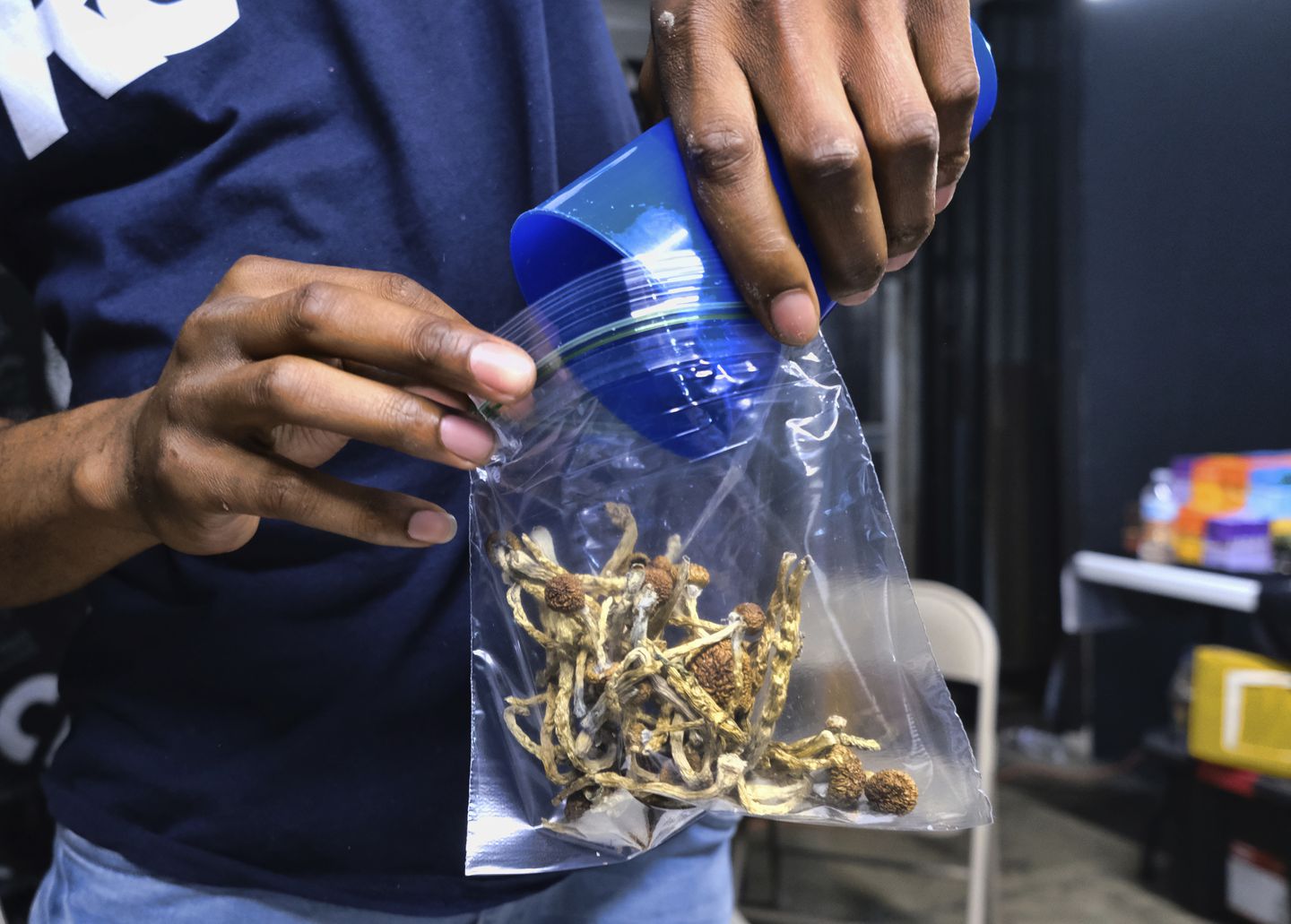Introduction:
Magic mushrooms, scientifically regarded as psilocybin mushrooms, have been used for centuries in many cultures for their psychedelic attributes. These mushrooms include a powerful compound termed psilocybin, which, when ingested, induces profound alterations in notion, mood, and cognition. As interest in psychedelic research grows, researchers are delving into the intricate science driving magic mushrooms to much better fully grasp their effects on the human brain.
Psilocybin and its Metabolic rate:
Psilocybin, the most important psychoactive compound in magic mushrooms, belongs to the tryptamine course of compounds. When ingested, psilocybin is converted into psilocin, the active variety dependable for the hallucinogenic consequences. The conversion happens as a result of the enzymatic motion of alkaline phosphatase in the body. Psilocin carefully resembles serotonin, a neurotransmitter concerned in mood regulation, and interacts with serotonin receptors in the mind, specially the five-HT2A receptor.
The five-HT2A receptor is a key participant in the psychedelic encounter induced by magic mushrooms. When psilocin binds to this receptor, it triggers a cascade of events, foremost to improved serotonin degrees in the synaptic cleft. This surge in serotonin action is considered to lead to the altered perception and sensory ordeals associated with psychedelic outings. On top of that, psilocin’s interaction with other serotonin receptors and neural circuits may underlie its results on temper, cognition, and consciousness.
Default Method Community and Moi Dissolution:
The latest neuroimaging experiments have lose gentle on the effect of psilocybin on the brain’s default manner network (DMN). The DMN is a community of brain locations related with self-referential thoughts, introspection, and the perception of id – typically referred to as the “moi.” Psilocybin appears to dampen the action of the DMN, major to what is normally explained as “moi dissolution.” This phenomenon consists of a momentary reduction of the boundaries involving self and the external world, ensuing in a profound sense of interconnectedness and unity.
Therapeutic Possible:
The psychedelic effects of magic mushrooms have not only fascinated scientists but have also sparked interest in their therapeutic likely. Scientific trials checking out the use of psilocybin-assisted treatment for different mental overall health circumstances, together with despair, stress and anxiety, and PTSD, have demonstrated promising success. The ability of psilocybin to induce profound and meaningful mystical ordeals is believed to engage in a position in the therapeutic added benefits observed.
Microdosing and Cognitive Improvement:
Apart from full psychedelic activities, there is a developing trend of microdosing – the follow of consuming sub-perceptual doses of psychedelics, which includes magic mushrooms. When the scientific proof on the cognitive outcomes of microdosing is nonetheless emerging, anecdotal studies counsel opportunity benefits these kinds of as improved creative imagination, aim, and psychological nicely-remaining. Scientists are actively discovering the neurobiological mechanisms behind these subtle cognitive enhancements.
Basic safety and Prospective Dangers:
Inspite of the escalating interest in the therapeutic use of magic mushrooms, it is critical to acknowledge potential challenges linked with their use. Psilocybin can induce rigorous psychological activities, and in some scenarios, people could working experience stress and anxiety, paranoia, or even psychosis throughout a vacation. Moreover, there is a hazard of adverse physical reactions and the possibility of accidental injuries. The importance of a controlled and supportive natural environment for the duration of psychedelic experiences are not able to be overstated.
Legislation and Cultural Perspectives:
The legal status of magic mushrooms may differ globally, with some nations around the world making it possible for their use for spiritual or religious functions, while other folks strictly prohibit their possession and usage. As scientific being familiar with of the compounds in magic mushrooms improvements, there is ongoing discussion about the will need for reconsideration of authorized frameworks and cultural attitudes to these substances.
Conclusion:
The science behind magic mushrooms is a fascinating and quickly evolving industry. Researchers go on to uncover the neurobiological mechanisms underlying the psychedelic consequences of psilocybin and explore its therapeutic likely. As the stigma encompassing psychedelics diminishes, it is most likely that further more scientific tests will drop light-weight on the intricate interplay among psilocybin and the human mind, paving the way for new insights into mental health remedy and consciousness alone.

